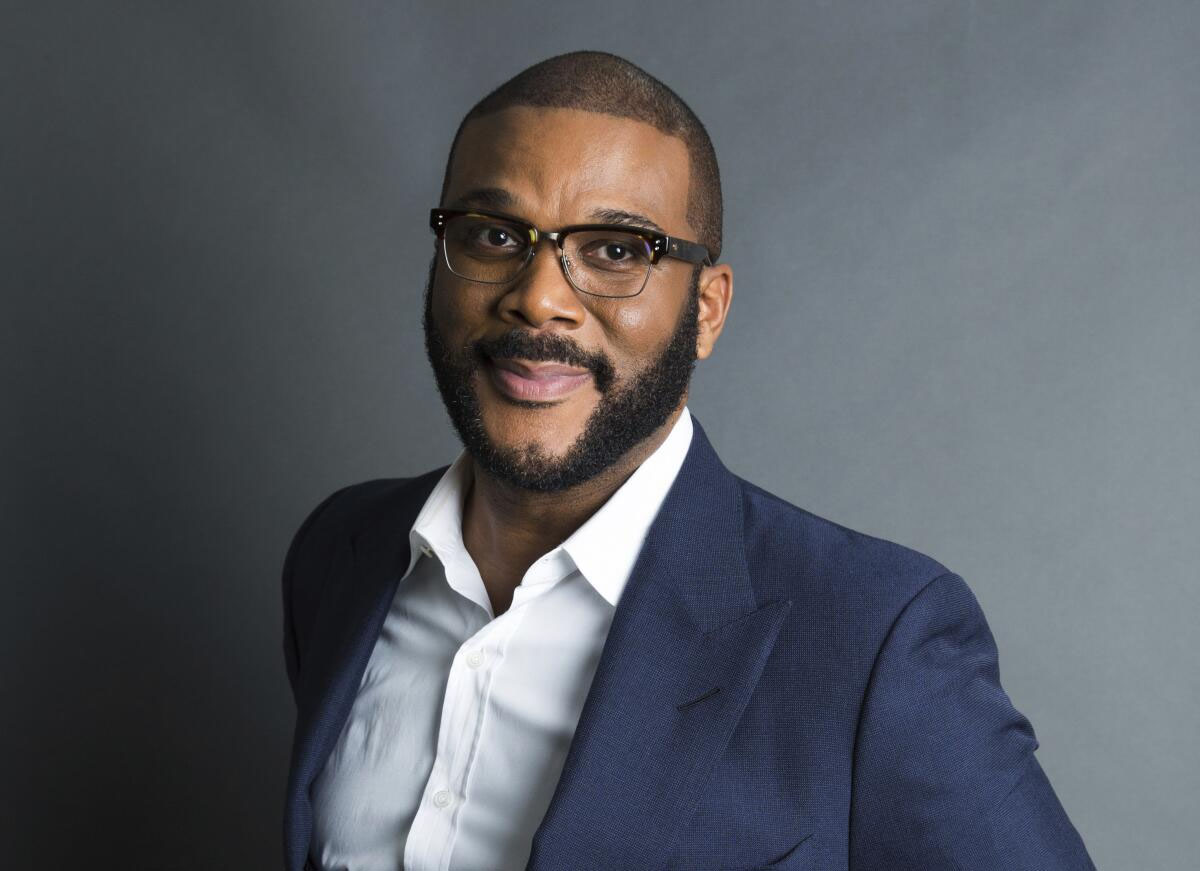
Photo Credit:Kirk D Mckoy
Paramount Pictures has recently made headlines by rejecting Tyler Perry's bid to acquire Black Entertainment Television (BET). This decision marks a significant moment in the ongoing narrative of media ownership and representation, particularly in the context of African American entertainment.
Tyler Perry, a prominent filmmaker, playwright, and actor, has long been an influential figure in the entertainment industry, known for his Madea franchise and a vast array of television shows. Perry's interest in BET was driven by his desire to consolidate African American media assets and enhance the representation of Black voices in mainstream media. BET, which has been a staple in Black American households for decades provides a wide range of programming that caters specifically to African American audiences, including music videos, sitcoms, movies, and news.
Paramount's decision to turn down Perry's bid is significant for several reasons. Firstly, it highlights the complexities and challenges associated with the ownership and control of culturally significant media properties. BET, under Paramount's umbrella, has benefited from the resources and distribution capabilities of a major media conglomerate. However, this association has also sparked debates about the authenticity an alignment of BET's content with the core values and needs of its primary audience.
Perry's vision for BET likely included a more tailored approach to content creation, with an emphasis on storytelling that resonates deeply with the Black community. His track record with Tyler Perry Studios demonstrates a commitment to creating opportunities for Black creatives and producing content that reflects the diverse experiences of African Americans. Perry's acquisition of BET could have potentially ushered in a new era of innovation and empowerment in Black media.
Paramount's decision to retain BET may be influenced by several factors, including financial considerations, strategic alignment with their broader portfolio, and potential future plans for the network. It's possible that Paramount sees untapped potential in BET that they aim to develop further within their corporate structure. Alternatively, there could be concerns about divesting a property that holds significant cultural value and contributes to the diversity of Paramount's media offerings.
The rejection of Perry's bid raises important questions about the future of BET and the broader landscape of African American media. As the industry continues to evolve, the balance between corporate ownership and cultural authenticity remains a crucial discussion. For Tyler Perry, this setback does not diminish his influence or his commitment to empowering Black voices. Itis likely that he will continue to seek avenues to expand his media empire and foster greater representation in the industry.
In the end, Paramount's decision underscores the intricate dynamics of media ownership and the ongoing quest for equitable representation in the
entertainment world.

















